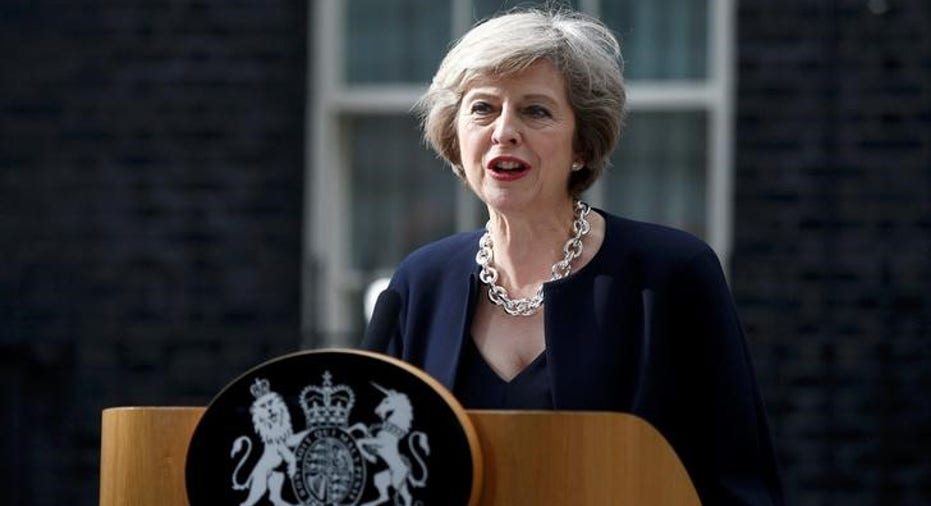Britain's May to Outline More of Her Brexit Approach in Early 2017

Prime Minister Theresa May said on Tuesday she would outline more of her approach for Brexit early next year, underlining that her government did not intend to select "bits" of EU membership but forge a new relationship.
Answering questions from sometimes irritated lawmakers, May offered little more detail on her plans for Britain to leave the European Union, repeating that she wanted to win the best deal and would not compromise her negotiating stance.
Pressed whether she would offer parliament any more information on how she sees Britain's future relationship with the EU, May said she would make a speech early next year.
"I will be making a speech early in the New Year setting out more about our approach and about the opportunity I think we have as a country to use this process to forge a truly global Britain that embraces and trades with countries across the world," she said.
"What we need to say is ... we are going to leave the European Union and we need to negotiate a new relationship with the European Union. It isn't (about) trying to replicate bits of membership, it's about saying what is our new relationship."
May has come under pressure from lawmakers, businesses and EU officials to set out at least a broad picture of how she sees Britain's future relationship with the EU, but she says giving away too much information would weaken Britain's hand.
She has offered little beyond her oft-repeated catchphrases that she wants the "best possible deal" for Britain and that she will trigger the formal divorce procedure - Article 50 of the EU's Lisbon Treaty - by the end of March.
Asked if she was in favor of a transition period to help smooth the process for businesses fearful of falling off a "cliff edge" into uncertain trading conditions after leaving the EU, she said there might be a period of adjustment.
"As part of the negotiations, we will have to address this question of the practicalities of adjustment to the new relationship once that new relationship has been agreed," she said, adding government would also face major changes.
Last week her finance minister Philip Hammond backed the idea of a transition period - a phrase May was obviously keen to avoid using.
"We will discuss whether we need an implementation phase," she said.
(Reporting by Elizabeth Piper, Camilla Hodgson and Andy Bruce, editing by Stephen Addison)



















